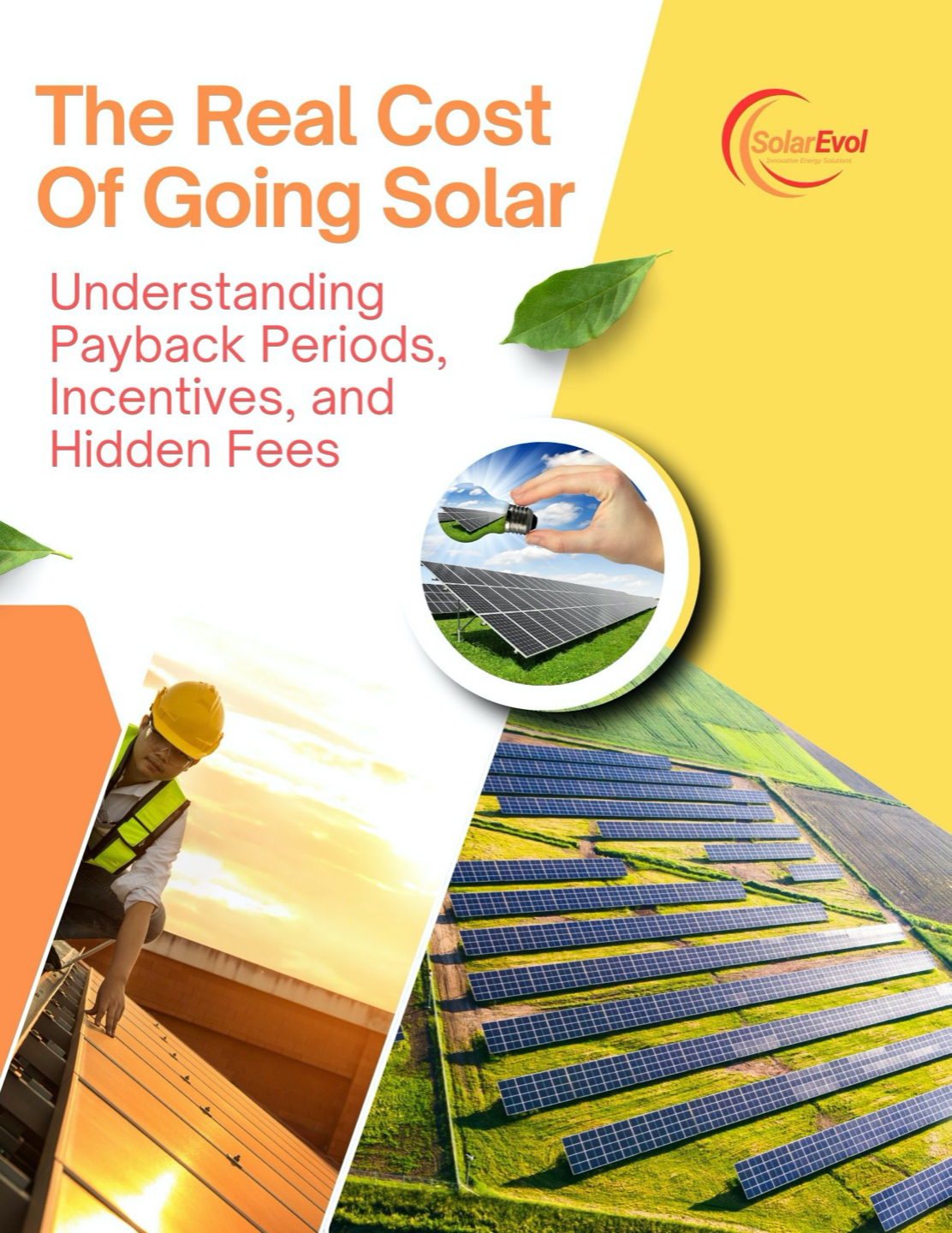
Is DIY Solar Dangerous? Let’s Investigate | SolarEvol
Apr 17, 2025
We’ve seen it more than once—someone buys a DIY solar kit thinking it’ll be plug-and-play. A few weekends later, they’ve got panels on the roof, wires running through the attic, and a nagging feeling that something might not be right. Months pass. A fire hazard gets flagged in a home inspection. Or their system underperforms and doesn’t deliver the savings they expected. Or—worst-case—a storm hits, and the panels go flying.
This isn’t scare talk. It’s real-world experience from folks who meant well but missed key details.
So, is DIY solar dangerous?
Let’s break it down with clarity, honesty, and a few pro tips you won’t find in the average YouTube tutorial.
The Truth: DIY Solar Can Be Dangerous — But Not Always
The idea of going solar on your own is tempting:
- Save money on labor
- Work at your own pace
- Feel the satisfaction of building your own energy source
But solar isn’t your typical weekend project. We’re talking electrical systems, structural loads, code compliance, and high-voltage components that demand real know-how.
So, when is DIY solar risky?
Here’s what the industry pros watch out for:
☑️ What Most DIYers Overlook (and What the Pros Always Check)
1. Roof Load Capacity
Pro Insight: Before installing anything, pros assess the roof’s structural integrity. A standard 6kW system can add 300–600 lbs of weight. If your rafters aren’t ready, you're risking long-term damage—or collapse.
✔️ Action Step: Get a roof inspection or use a load calculator. Don’t guess.
2. Electrical Codes and Permits
Pro Insight: Solar wiring involves DC electricity, which behaves differently than the AC most homes use. DIYers often overlook grounding requirements or wire gauge rules, leading to inefficiencies—or fires.
✔️ Action Step: Check your local AHJ (Authority Having Jurisdiction) for permitting rules. A failed inspection can delay or derail your install.
3. Inverter and Battery Integration
Pro Insight: Matching your inverter to your panel specs is critical. The wrong setup can bottleneck your energy production—or worse, void your equipment warranty.
✔️ Action Step: Use a solar sizing tool or consult with an expert to match components correctly. (Solar Evol offers free tools for this!)
4. Weatherproofing and Mounting
Pro Insight: Proper flashing and mounting prevent roof leaks and ensure panels survive high winds. We’ve seen entire arrays lift off in storms due to missed anchoring steps.
✔️ Action Step: Always use certified racking and weather-sealing products—not generic hardware store gear.
5. Warranty Risks
Pro Insight: Many manufacturers void warranties if systems aren't installed by certified professionals. DIY might save upfront, but it could cost you thousands later.
✔️ Action Step: Check your warranty fine print before starting anything.
💡 Pro Moves You Should Know Before Going DIY
- Get a Hybrid Install: Some companies (like us at Solar Evol) offer “assisted DIY” options. You do the easy stuff—we handle the tricky parts.
- Use Monitoring Tools: Real-time performance monitoring apps help catch issues early.
- Take Photos of Everything: Document your install process—it can help with inspections or troubleshooting down the road.
✅ DIY Solar Checklist: Are You Ready?
Before you start, make sure you can confidently say “yes” to these:
- I’ve assessed my roof’s structural integrity.
- I understand local codes and permitting requirements.
- I’ve matched my panels, inverter, and batteries correctly.
- I know how to safely work with high-voltage systems.
- I’ve planned for professional inspection or at least expert review.
- I understand the limits of my warranties.
- I have a backup plan if something goes wrong.
If you checked most of those—great! You’re well ahead of the average DIYer. If not, no shame—just get the support you need before jumping in.
DIY Isn’t Bad—But It’s Not for Everyone
DIY solar can be empowering, educational, and cost-effective—but only when done right. If you’re not fully confident on the engineering, code, and safety fronts, the “savings” can evaporate fast.
Stay connected with news and updates!
Join our mailing list to receive the latest news and updates from our team.
Don't worry, your information will not be shared.
We hate SPAM. We will never sell your information, for any reason.











